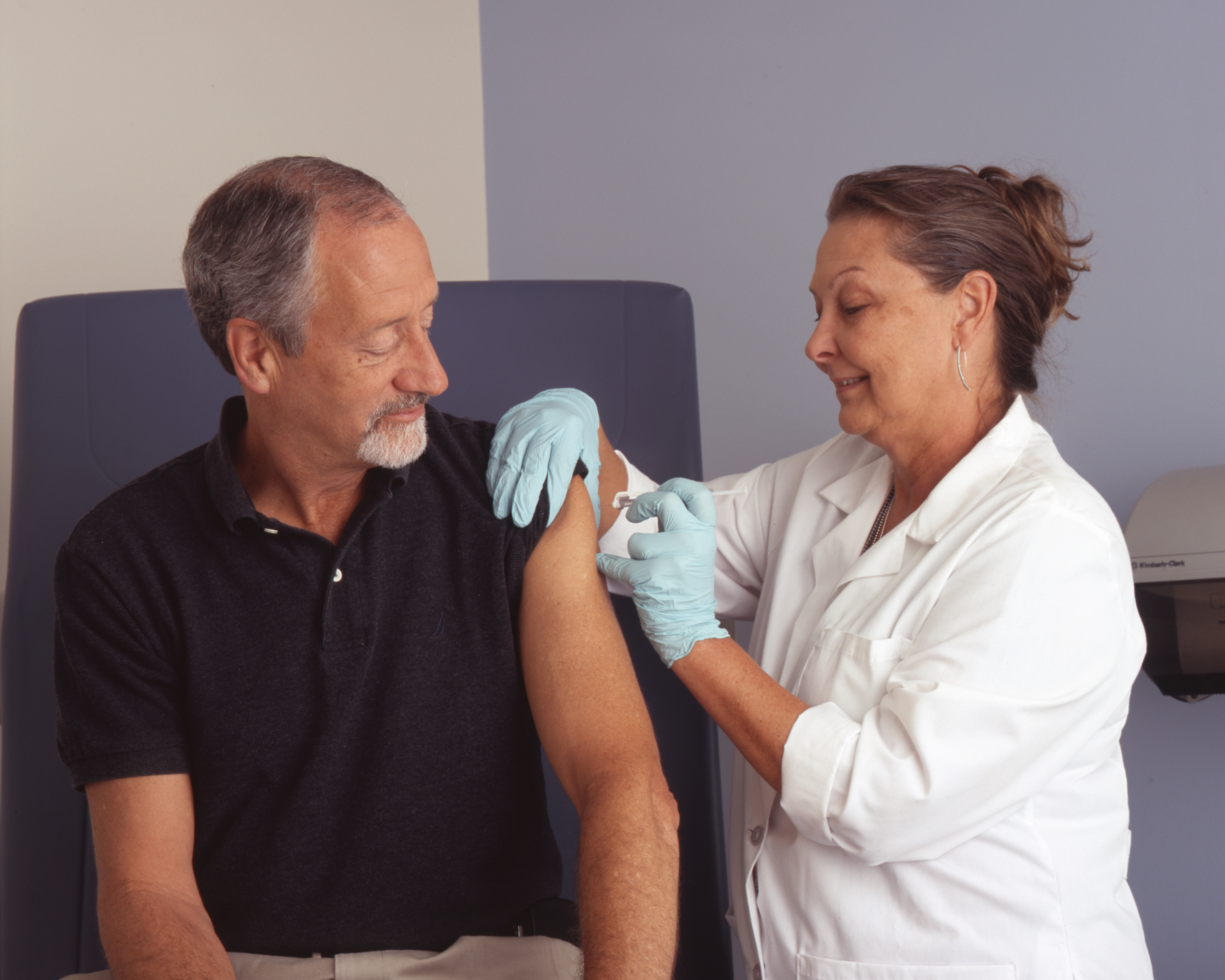
CDC Says This Year’s Flu Vaccine Will Be Better
Last year's (2014 to 2015) flu season was said to be one of the worst in years… and the flu vaccine, widely pushed by public health organizations as the best way to prevent influenza, was a major failure.
In January 2015, data from the US Centers for Disease Control and Prevention (CDC) revealed the flu vaccine was only 23 percent effective last year, which means many people who received it believed they were protected from getting influenza but were not.
By February, public health officials had lowered the predicted effectiveness to just 18 percent and only 15 percent among children aged 2 to 8 – for the inactivated, injectable flu shot. The inhaled live virus nasal spray flu vaccine fared even worse, showing potentially no benefit for young children.
October 6, 2015 | Source: Mercola | by Dr. Mercola
Last year’s (2014 to 2015) flu season was said to be one of the worst in years… and the flu vaccine, widely pushed by public health organizations as the best way to prevent influenza, was a major failure.
In January 2015, data from the US Centers for Disease Control and Prevention (CDC) revealed the flu vaccine was only 23 percent effective last year, which means many people who received it believed they were protected from getting influenza but were not.
By February, public health officials had lowered the predicted effectiveness to just 18 percent and only 15 percent among children aged 2 to 8 – for the inactivated, injectable flu shot.1 The inhaled live virus nasal spray flu vaccine fared even worse, showing potentially no benefit for young children.2
It got so bad that, in January 2015, the CDC finally issued a warning saying the 2014 to 2015 flu vaccine was a poor match to the influenza A strain causing most cases of influenza that season.
It turned out the H3N2 strain had mutated, but health officials still urged people to get a flu shot, claiming the vaccine can make symptoms less severe without providing evidence that this is true.
In June 2015, research was published in Cell Reports showing that, indeed, the influenza A virus that had widely circulated during the 2014 to 2015 flu season had mutated. However, that mutation was not factored in when the vaccine was developed in early 2014.3 But don’t worry… the CDC is confident this year’s vaccine will work much better.
Health Officials Were Confident in Last Year’s Flu Vaccine…
It’s déjà vu. Flash back to September 2014, and the CDC was hard at work telling adults not to forget to get their annual flu shot – and to make sure to get their children vaccinated too. This, CDC Director Tom Frieden said, would be “The best way to protect yourself against the flu…”4
Both the CDC and the American Academy of Pediatrics even went so far as to say the live virus nasal spray version was the preferred vaccine for healthy children ages 2 to 8 because research showed it worked a little better for them than the inactivated injected vaccine.
Children were given two doses to inhale initially so, theoretically, they could quickly build immunity.5 But it turned out the nasal spray flu vaccine was a bigger failure than injectable flu shots.
The flu vaccine is (and was) also widely recommended for pregnant women. It was around this time last year that a study came out in the New England Journal of Medicine stating the flu vaccine provided partial protection against confirmed influenza in pregnant women and their infants.6
The media began touting headlines like “flu vaccine safe for pregnant women,” and one news outlet, News 4 Jax, even quoted about maternal-fetal medicine, with Dr. Erin Burnett saying, “All pregnant women should get the vaccine because it’s 100 percent safe in pregnancy.”7
This is quite a statement, since even the Food and Drug Administration (FDA) lists influenza (and Tdap) vaccines as either Pregnancy Category B or C biologicals, which means that adequate testing has not been done in humans to demonstrate safety for pregnant women, and it is not known whether the vaccines can cause fetal harm or affect reproduction capacity.8
After the CDC’s aggressive promotion of flu shots for children, the elderly, healthy adults and pregnant women last year, we know how the story turned out – the flu vaccine was, once again, a major flop.
